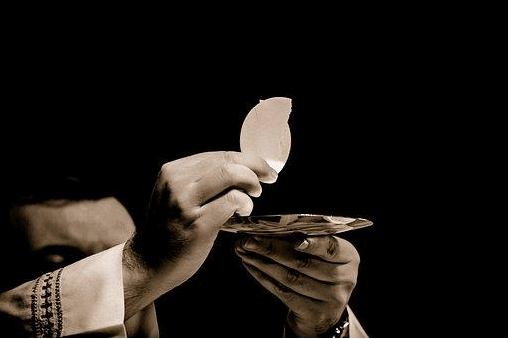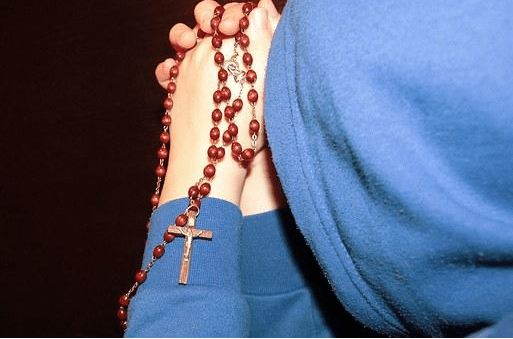Confirmation is a rite of passage performed by many religious denominations. This religious ritual aims to strengthen and deepen your relationship with the Almighty Creator. Confirmation is a common event in the Roman Catholic Church where a baby is also baptized. It allows the person who has undergone baptism to confirm the vows made on their behalf during baptism. It also serves as a symbol of full membership of the church.
In the Christian confirmation, the baptized individual should believe that he or she is getting the gift of the Holy Spirit. In most cases, the bishop will conduct the service, but there are some variations on how it is performed. For instance, every candidate is also anointed with oil.
Preparing for confirmation
Applicants to be confirmed are required to enroll in a series of special classes where they are taught about the sacrament, their faith and their roles as Christians. Preparation for confirmation allows the participants to have a proper understanding of how to live a life that pleases Jesus Christ. At some point, participants are required to learn about some series of questions and answers known as a catechism. The majority of Christians ate confirmed in their churches where they fellowship. The confirmation event can also be conducted in a different church where the mass of participants from various churches assemble.
Confirmation in the Roman Catholic Church
Many Catholic believers are baptized as infants before they are adults to have a clear understanding of what it entails to be a follower of Christ. Both the parents and godparents of the baby vow to bring up the kid in the Christian faith following the footsteps of Jesus.
Once the kids attain an age where they can understand the problems and trials of living Christian life, they are requested to go ahead and confirm the promises and vows made on their behalf during baptism. They are also presented with confirmation gifts to make the day thrilling and memorable.
In many Catholic churches nowadays, kids are confirmed once they hit an age of fourteen years. The sacrament of confirmation is always performed on Pentecost Sunday when believers celebrate the descent of the Holy Spirit upon the apostles of the gospel. Catholic believers tend to believe that confirmation is among the seven sacraments that were instituted by Jesus Christ. The impact of the sacrament of confirmation is a superior out flowing of the Holy Spirit as approved to the apostles of the gospel during Pentecost.
In most cases, a bishop will confer the confirmation even though a priest is allowed to give out the sacrament if the individual was baptized into another Christian denomination. The person should also enter into the full communion with the church via confirmation. A priest can only precede over the ceremony if the individual is almost dying.

Since the sacrament is typically reserved to a bishop, the confirmation can be done to a large group of older kids and young adults during the mass. The bishop puts his hands on the head of each participant, as a symbol that he is appointing them to be a faithful witness of Jesus Christ. After that, the bishop asks God to give the candidates the seven gifts of the holy spirit which include reverence, understanding, wisdom, wonder, right judgment, courage, and understanding.
He then draws a cross signs on their foreheads using the chrism oil. This serves as the symbol of strength and reminder to their obligation to follow Jesus Christ to the cross. In most English-speaking nations, participants will choose a saint. The work of the saint is to serve as a patron or guide to the individual who needs to be confirmed. Participants are required to commit their time during the confirmation lessons to choose a saint who inspires them explicitly.

Catholics have mostly confirmed after they take their first Holy Communion. Nevertheless, this is not a usual protocol that is used to confer the three sacraments of the Christian initiation. Once an older person is initiated into the Catholic church, he or she must be baptized, confirmed and receive the Holy Communion in that procedure.
In most parts of the globe, some dioceses in the Catholic churches are going back to the traditional way of doing things, letting babies to be confirmed before they take their first Holy Communion for the first time when they turn seven or eight years.
The ceremony might be conducted at Mass or outside of Mass, and the bishop is required to put on the red garment to signify the red tongues of fire that were hovering above the head of the apostle during Pentecost. Here is what takes place during the confirmation ceremony.
Every candidate to undergo the confirmation must have a sponsor
During the baptism, a candidate’s parents will choose the godparents for their kid but during confirmation, the candidate will pick the sponsor on his own. The similar canonical prerequisites for being a godparent during the baptism apply for being a sponsor during confirmation ceremony. The sponsor can still be the same godmother or godfather if they haven’t changed they faith yet. The candidate can also pick another person who is above 16 years and who has already been confirmed and in a firm stand with the Catholic Church. Once a sponsor is chosen for the event, but many people will have both the godfather and godmother acting as sponsors.
Each catholic picks his unique confirmation name
During the baptism, the name is selected without the kid’s consent since the baby is too small to choose a name. On the other hand, during confirmation another name, on top of the initial and the middle name is chosen. Alternatively, the original baptismal name can be used but should be a Christian name like one of the canonized saints of the church or a bible hero or heroine. However, you can’t pick names of people who had a bad reputation in the bible like Judas, Herod, or Cain.

The confirmed candidate will stand or kneel before the bishop, and the sponsor will lay one hand on the shoulder of the candidate. The confirmation name is said, and the bishop applies Chrism Oil on the forehead of the candidate.







